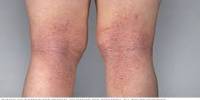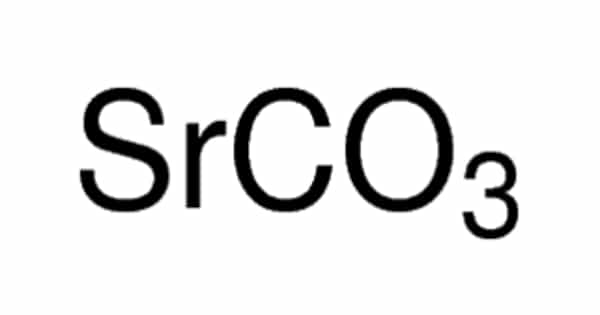In a large-scale trial published in the July 11 issue of The New England Journal of Medicine, a medication from a new generation of acute migraine headache medications was found to completely relieve pain and lessen annoying symptoms for migraineurs.
The treatment, rimegepant, is pending U.S. Food and Drug Administration approval and could be superior to migraine drugs on the market right now. Researchers from Montefiore Health System and Albert Einstein College of Medicine were in charge of the investigation.
“For the first time in nearly three decades, people with migraine not helped by existing medications may have a new option to find relief during attacks,” said Richard B. Lipton, M.D., the study’s first author, and Edwin S. Lowe Professor and vice-chair of the Saul R. Korey Department of Neurology at Einstein and director of the Montefiore Headache Center.
Debilitating Disorder
Over a billion people globally, or 12 to 14 percent of the population, suffer from migraine headaches. This chronic neurologic condition causes recurrent bouts of headaches and other symptoms like nausea and sensitivity to light and sound.
More than 75 percent of migraine sufferers have at least one episode per month, and more than 50 percent of these attacks leave them significantly handicapped. Today, many migraine sufferers use triptan medications (such examples include sumitriptan, eletriptan, and rizatriptan), which were first made available in the 1990s.
For the first time in nearly three decades, people with migraine not helped by existing medications may have a new option to find relief during attacks.
Richard B. Lipton
By activating serotonin receptors, which decreases inflammation and narrows blood vessels, triptans stop acute migraines. Triptans, however, don’t work for everyone, they have unpleasant side effects, and because they constrict blood vessels, they shouldn’t be used by those who have cardiovascular disease (CVD) or significant CVD risk factors.
New Mechanism for Relief
The new class of medications known as gepants, which includes rimegepant, may be helpful for patients who are not assisted by triptans or who are unable to take them. Gepants function by concentrating on the receptors for CGRP, a little peptide that has long been linked to migraine.
CGRP is released during migraine attacks, causing agony. Gepants stop the CGRP pathway, which reduces migraine pain and associated symptoms.
More than 1,000 men and women with migraine at 49 U.S. locations participated in the New England Journal of Medicine experiment, which evaluated the drug rimegepant. Once moderate or severe pain started to occur during a migraine attack, the participants were advised to take a rimegepant pill or a matched placebo tablet.
Patients completed an electronic diary with questions on their pain and the symptoms that bothered them the most before taking the drug and during the following 48 hours. Participants selected their most annoying symptom from a list of symptoms that included sensitivity to light, sensitivity to loud noises, and nauseousness.
19.6% of patients using rimegepant experienced no pain two hours after taking their pills, compared to 12.0% of patients taking a placebo a statistically significant difference.
In the rimegepant group, 37.6% of patients experienced relief from their most bothersome symptoms, compared to 25.24% in the placebo group. The only negative side effects that were reported by more than 1% of patients in each group were urinary tract infections and nausea, and there were no negative CVD consequences found.
“These results confirm that rimegepant’s mechanism of action blocking the CGRP pathway effectively relieves pain and associated symptoms that occur during acute migraine attacks,” said Dr. Lipton. “As someone who has studied CGRP blockers for more than a decade, I’m gratified to see their benefits confirmed in a large-scale clinical trial.”
Dr. Lipton’s clinical trial was funded by Biohaven, a company that sells rimegepant and might profit financially from the findings. Dr. Lipton has stock in Biohaven and receives compensation as a consultant.
















